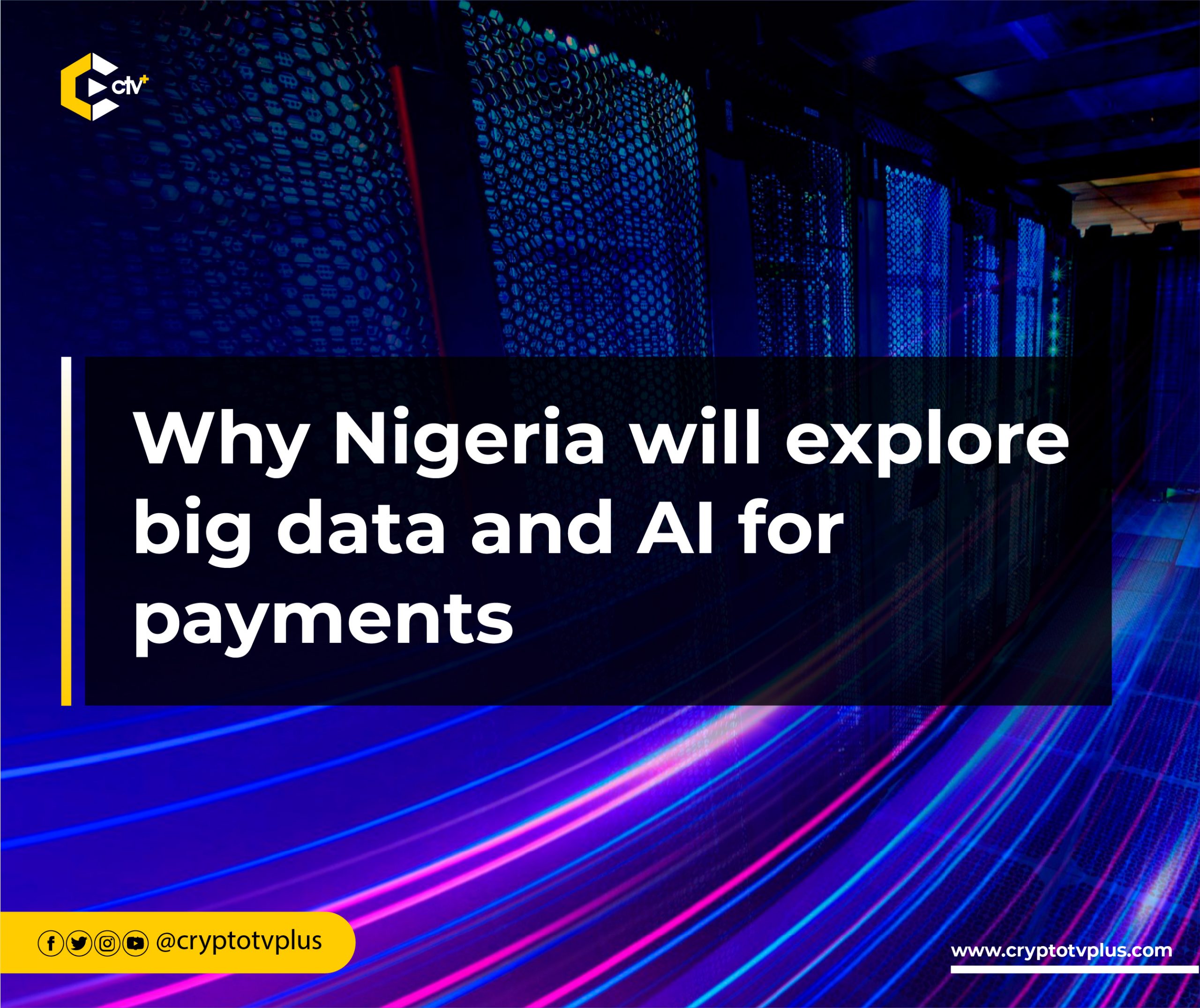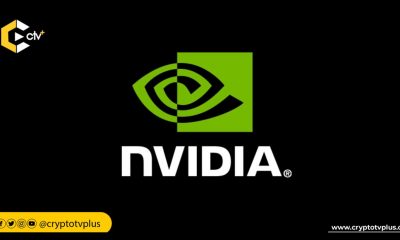FEATURED
Why Nigeria will explore big data and AI for payments

Big data and artificial intelligence are becoming an integral part of recent developments around the world. The statement, that data is oil, is becoming entrenched in the development of the financial systems of nations.
For Nigeria, the exploration of the advantages of big data and AI for its payment systems and other economic structures is part of the Nigeria Payments System Vision 2025.
According to the Central Bank of Nigeria, there are possibilities for the nation to “initiate a workstream to identify key use cases for Big Data that have potential access to data in the payments system as well as support economic analysis.”
One aspect that this science can transform in the Nigerian economy is the ease of analysing payment flows which will make operational controls, risk management and fraud prevention more efficient.
Collection and preservation of data
The CBN believes that implementing big data and AI solutions in the payment architecture will help to coordinate how data is transferred as well as collate relevant ones while ensuring privacy regulations for each data collection.
Citing the recent upgrade done on the National Information Technology Development Agency (NITDA) Act, and a possible launch of the Nigeria Data Protection Regulation (NDPR), the apex bank explained that “data privacy will be under ever-increasing scrutiny”. Intertwining the principles of Big Data with the nation’s current payment infrastructure is necessary, CBN added.
Machine learning, robotics and cyber security systems
In addition to the payment plans of the CBN for Nigeria by 2025, there will also be an integration of machine learning procedures, robotics and higher level cyber security for payment hardware and software.
Some of the suggested payment upgrades will include making ATMs offer cash, credit, and loan services in remote and urban centers; voice banking for serving customers; launch of more digital banks to foster financial inclusion; collaboration between banks and Fintechs to build better solutions; and integration of payment services with wearables.
CBN added that decisions will also be made using the G7 Fundamental Elements of Cybersecurity for the Financial Sector (G7FE) which advises that authorities “should map critical economic functions in their financial systems as part of their risk and control assessments to identify single points of failure and concentration risk.”
Read also;
Why Nigeria plans to launch stablecoins, ICOs and dlt-based identity system

























1 Comment